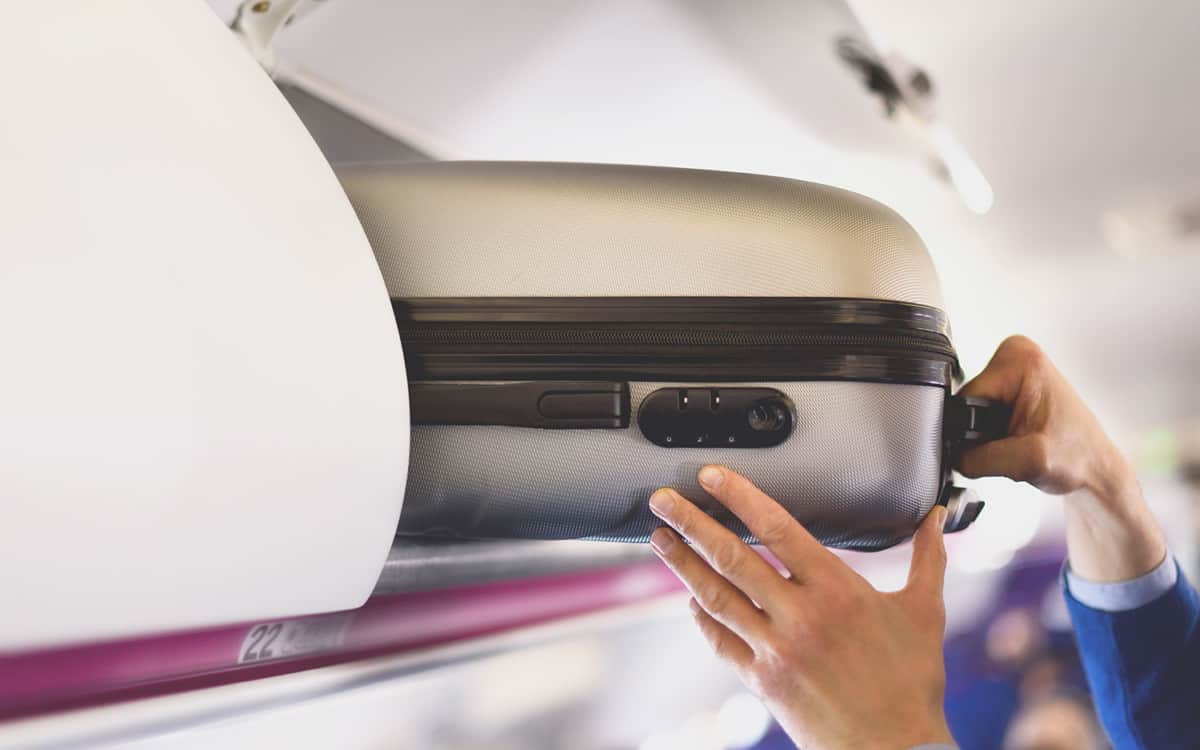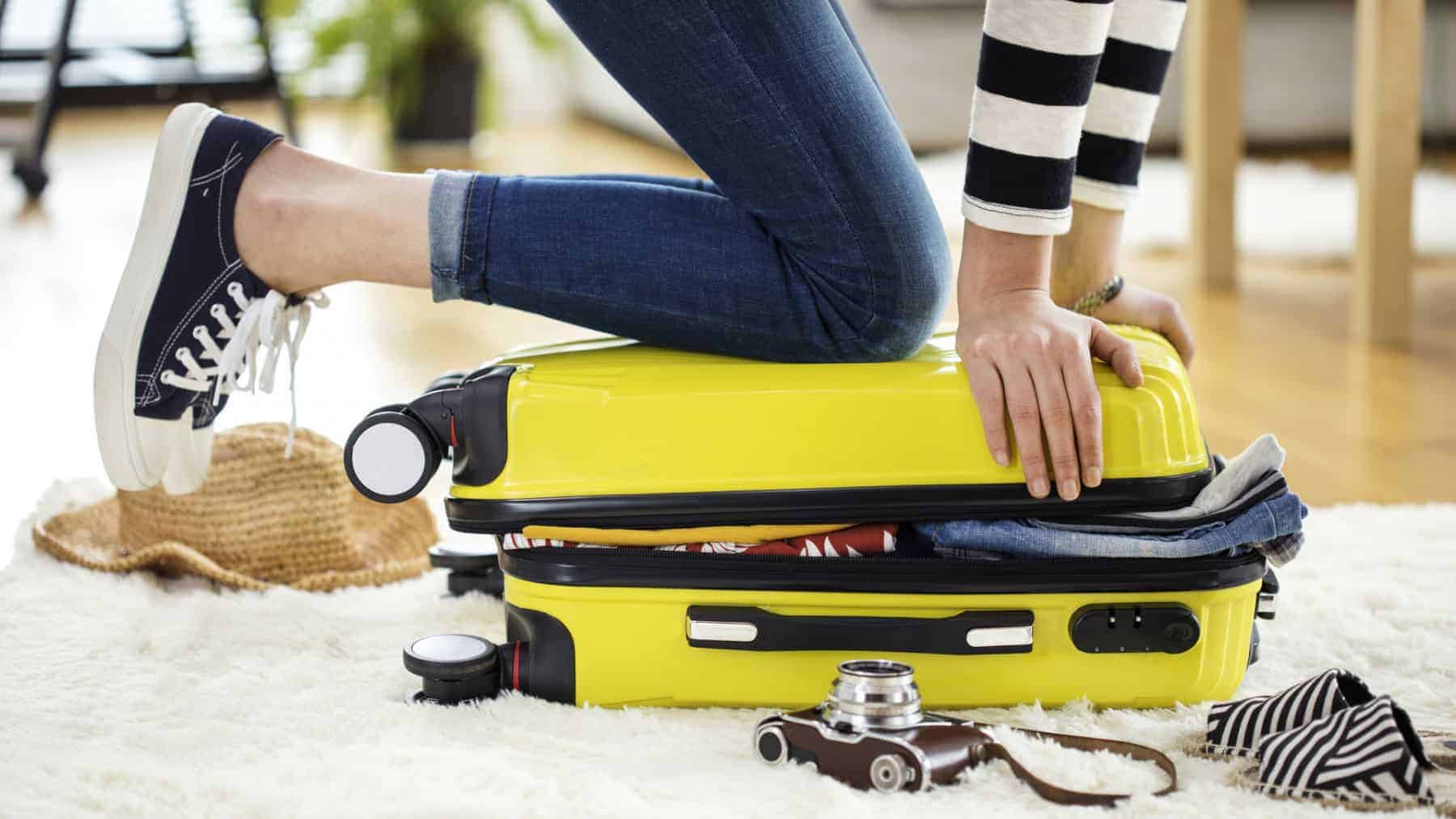Over the last decade, hand luggage has become far more significant when considering your travel plans. The regulations post 9/11, the introduction of additional charges for checked bags by the low-cost carriers, the inclusion of ‘hand baggage only’ fares by the full-service carriers and more recently, different prices for different sizes of hand luggage by Ryanair have all contributed to changes in our view of what it means to travel with hand luggage. Since the liquid ban, and then subsequent liquid volume restrictions, there have been numerous other restrictions that have been introduced, changed, updated and removed.
It’s tough to keep up-to-date with what exactly you can or can’t take onboard. If you want to save money on your fare, save time when arriving at your destination or you just want to travel light, do you know the current restrictions? We have the ultimate guide for you:
Liquids and Powders
Most people are used to the liquid restrictions now and the sight of clear plastic bags with miniature cosmetics in trays at security is a familiar one. One thing that does sometimes catch people out is that the container carrying the liquid must have a maximum volume of less than 100ml, meaning you can’t bring a bigger container and only partially fill it up.
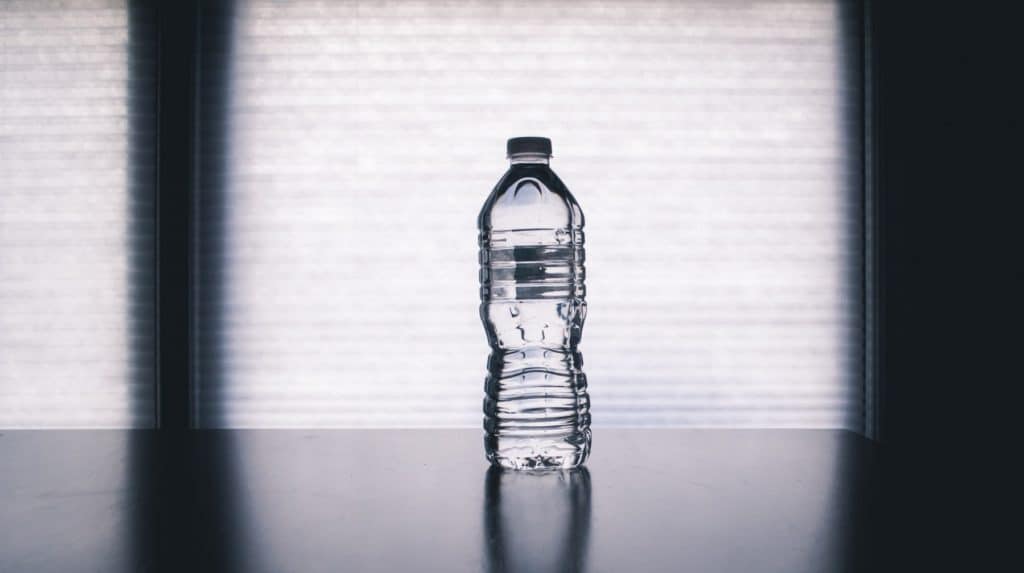
The UK hasn’t currently put a limit on powders but there has been some discussion in the media as to whether this is imminent. After a failed terrorist attack on an Etihad plane in Sydney in 2016, the US and Australia issued a new regulation that powders could only be bought on board if they are under 12 ounces. This ban commonly impacts travellers bringing things like cosmetics, coffees, protein powders and spices onboard.
N.B. Food items and powders in your hand luggage can obstruct images on x-ray machines. Your bags may need to be checked manually by security. You can put these items in your hold luggage to minimise delays.
Food
In the age of having to buy your own food on most short-haul journeys, taking your own might seem like a good cost-saving option. Not to mention the need for some customers to know exactly what is in their food due to allergies, food intolerances or health reasons.
But can you take anything you want?
Not quite. You can only take ‘hard’ food. Anything liquid or semi-liquid can’t be taken onboard. Things people get caught out by are often items they are bringing back from their destination… local honey, jam or olives. Soft cheese isn’t allowed but hard cheese is and whilst most of the time seeds and nuts are ok, the airline may ask you to check-in items with nuts if they have been notified of a passenger with a severe allergy.
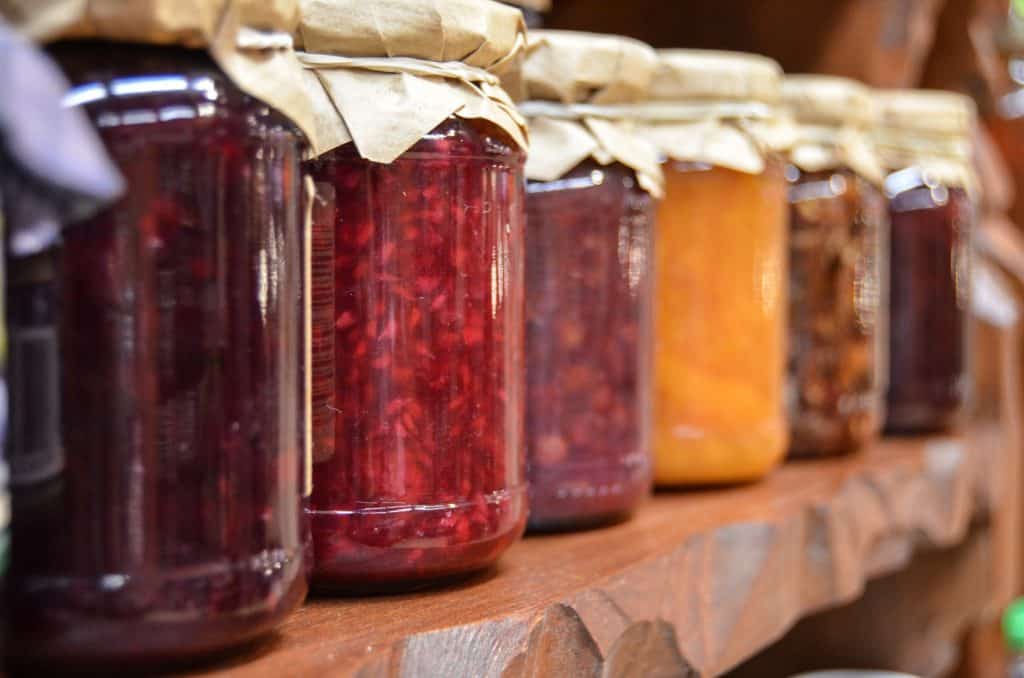
Bottled water (or any drink) is prohibited even if it is sealed, unless under the 100ml restriction previously mentioned, but empty bottles can be taken through to fill up after security.
Fresh fruit and vegetables can be taken on board if you are planning on eating them but be very aware of the rules regarding what you can take to your destination. Hawaii, Australia, and New Zealand are all extremely strict and impose large fines if they find anything in your bag that is prohibited (this applies to checked luggage as well as hand luggage).
Baby food, milk or sterilised water can be taken onboard, along with a cool pack if needed, as long as the baby is travelling with you. Expressed breast milk can be carried in hand luggage as long as it isn’t frozen, in which case it needs to be packed in your checked bag.
| Item | Allowed in hand luggage |
| Breast milk | Yes, in containers up to 2,000ml |
| Frozen breast milk | No |
| Formula milk, cow’s milk | Yes (baby must be present) |
| Sterilised water for the baby | Yes (baby must be present) |
| Soya milk for babies | Yes (baby must be present) |
| Baby food | Yes (baby must be present) |
| Cooling gel packs | Yes |
Electrical Items
A really useful resource for getting up-to-date information about what you can take in your hand luggage by destination is gov.uk
When travelling out of the UK, you are allowed to take laptops, mobiles, tablets, hairdryers, straighteners, cameras electric shavers and travel irons.
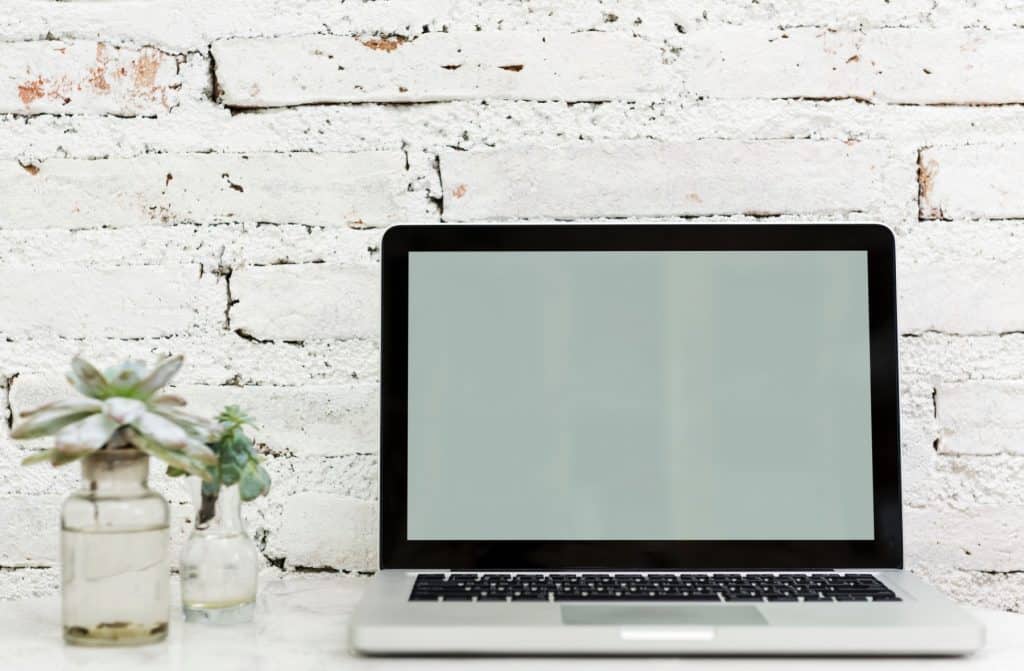
If you are travelling to Turkey, Lebanon, Jordan, Egypt, and Saudi Arabia be aware there are different restrictions depending on where you are flying. You are not allowed to take electrical devices larger than 16cm x 9.3cm x 1.5cm in your hand luggage if you are flying anywhere except Antalya, Bodrum, Istanbul Sabiha Gökçen, Izmir, Luxor, Hurghada, or Marsa Alam. If you do take a small electrical item, it needs to be fully charged and turned on if requested.
Another key restriction to note is that this applies to electrical items such as hard drives, portable batteries, and keyboards, even if they are bought in duty-free.
You are subject to these rules even if you are just connecting through on to another flight so you must abide by them on your departing flight from the UK.
This means if you are starting your journey in the UK where these bans are not in place, but you are travelling through any of the listed countries, you must abide by the rules.
Medicine
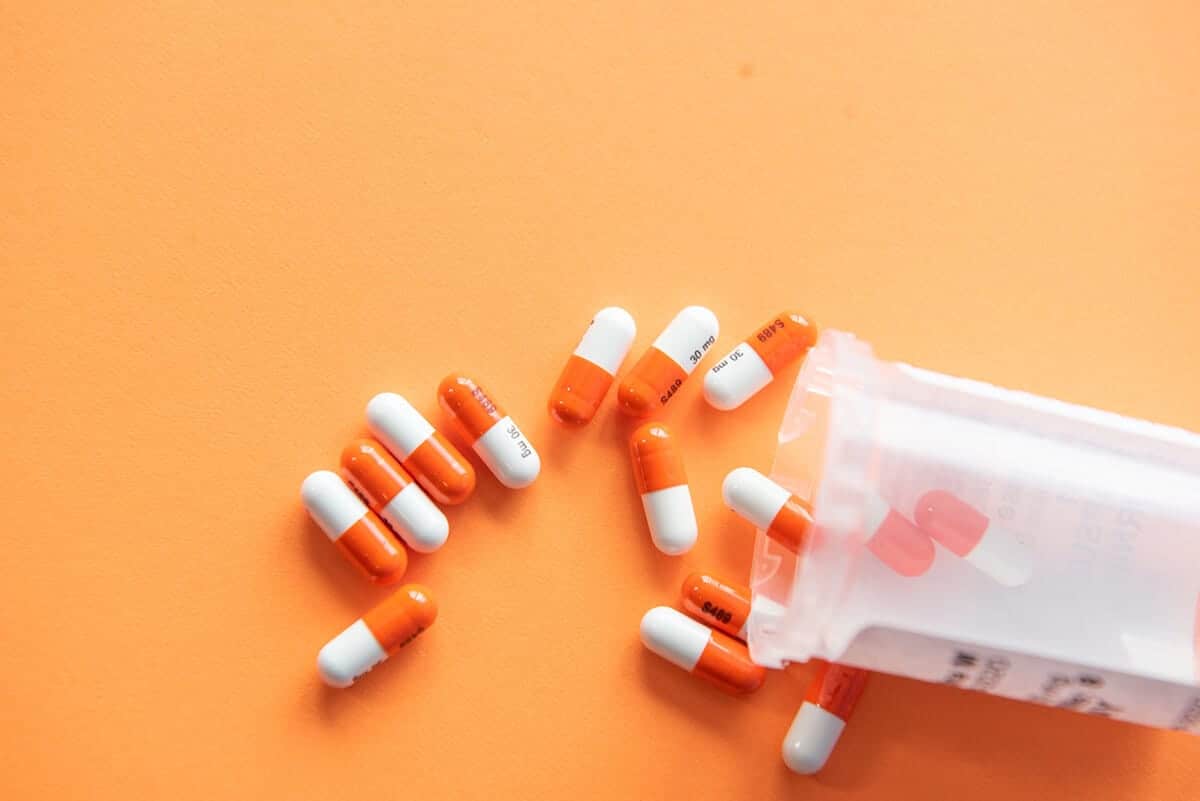
Generally, tablet and liquid medicines are allowed onboard as long as they don’t exceed the 100ml limit. If you need to take a larger quantity in your hand luggage you must contact the airline and get authorisation before you fly. Medical equipment such as cool packs, hypodermic syringes and inhalers are permitted but scalpels aren’t and oxygen would need to be checked with the individual airline.
Sports Equipment
Essentially the answer for most sporting items is no. There are a few exceptions including a sports parachute! Most other items, including golf clubs, darts, catapults, etc, must be checked into the hold.
| Item | Allowed in hand luggage |
| Sports parachute | Yes |
| Heavy bats and sticks (including baseball, softball, and cricket bats) | No |
| Tennis racquets | Yes |
| Snooker, pool or billiard cue | Yes |
| Golf clubs | No |
| Darts | No |
| Walking/hiking poles | No |
| Fishing rod | Yes |
| Catapult | No |
| Firearms (including replica firearms) | No |
| Harpoon or spear gun | No |
| Crossbow | No |
| Martial arts equipment (including knuckledusters, clubs, coshes, rice flails and nunchuks) | No |
| Diving equipment | Check with your airline before you travel |
Random Items
Here’s a quick list of things you might not realise are banned… candles (counted as a liquid), Christmas crackers (the tiny amount of gunpowder is a no-no), hair dye (the peroxide), and cleaning products (chemicals).
Surprisingly you are allowed knitting needles, umbrellas, canes, and scissors with blades less than 6cm or any length if they have rounded ends. A full list can be found on the gov.uk website. Razor blades? Yes if they are ‘fixed’ (in a razor) but not ‘open’ (just the blade).
Quick reference guide:
| Item | Can it be taken on board? |
| Mobile phone | Yes |
| Tablet device | Yes |
| Laptop | Yes |
| MP3 player | Yes |
| Hairdryer or straighteners | Yes |
| Camera | Yes |
| Travel Iron | Yes |
| Electric razor | Yes |
| Corkscrew | No |
| Knife (with sharp or fixed blade more than 6 cm) | No |
| Folding blade knife | No |
| Knife and razor blades open | No |
| Scissors whose blades do not exceed 6 cm | Yes |
| Scissors with blades greater than 6 cm | No |
| Scissors with rounded ends (of any length) | Yes |
| Fixed (Disposable) Razor Blades | No |
| Nail Clipper/Tweezers | Yes |
| Knitting needles/Sewing needles | Yes |
| Umbrella | Yes |
| Contact lens solution | Yes (up to 100ml) |
| Printer cartridge | Yes |
| E-cigarettes | Yes |
| Cigarette lighter | No* |
| Safety matches | Yes |
| Non-safety matches | No |
| Cooling gel pack | Yes |
| Cane | Yes |
| Medication | Yes |
| Syrups and other medicines in liquid form | Yes (up to 100ml) |
| Hypodermic syringes | Yes (speak to your airline) |
| Inhalers | Yes |
| Bottles of oxygen | Contact the airline directly |
| Scalpels | No |
| Any drink (eg water, fruit juice, tea, coffee) | No |
| Milk, powder, cow, or soya | Yes |
| Jams/Syrups/Honey | No |
| Sterile water for baby | Yes – in a bottle |
| Baby food | Yes |
| Fresh cheese in liquid or malleable form (cheese, spreadable)/ Yoghurt/Soup/Sauce | No |
| Oil/Vinegar | No |
| Dried fruit/Nuts | No |
| Candle | No |
| Walking canes/Walking sticks | Yes |
*You can only carry one lighter onboard. but needs to be inside a resealable plastic bag (like the ones used for liquids), which you must keep on you throughout the flight. You cannot put it in your hold luggage or place it in your hand luggage after screening.
Coming Summer 2024
The rules around taking liquids and electrical items through airport security are set to change by 2024 with the installation of new technology at major airports across the UK.
Over the coming months, most major airports will be upgrading their security checkpoints, ushering in a new era of improved security and passenger experience when going through departures.
Passengers are currently required to remove tablets, laptops and liquids from their cabin baggage, while liquids have been limited to 100ml and must be in a clear plastic bag. This requirement will eventually be lifted, and the 100ml liquid container limit will be extended to 2 litres.
Summary of hand luggage restrictions:
- Liquids and powders must be in containers holding 100ml or less and placed in a 1-litre bag.
- Food items are restricted to solid foods. Baby food, milk, and water are allowed in hand luggage.
- Electrical items larger than 16cm x 9.3cm x 1.5cm are prohibited unless you are flying to Turkey, Lebanon, Jordan, Egypt, or Saudi Arabia.
- Medicines are allowed in hand luggage, but you may need to contact the airline if you need to take a large quantity.
- Sports equipment is generally prohibited, but there are a few exceptions.
- Random items that are prohibited include candles, Christmas crackers, hair dye, and cleaning products.
- Razor blades are allowed in hand luggage if they are fixed in a razor.


